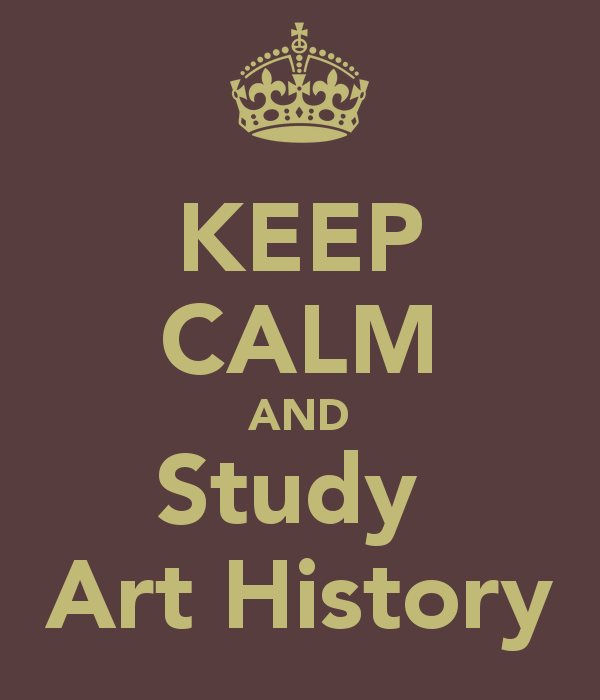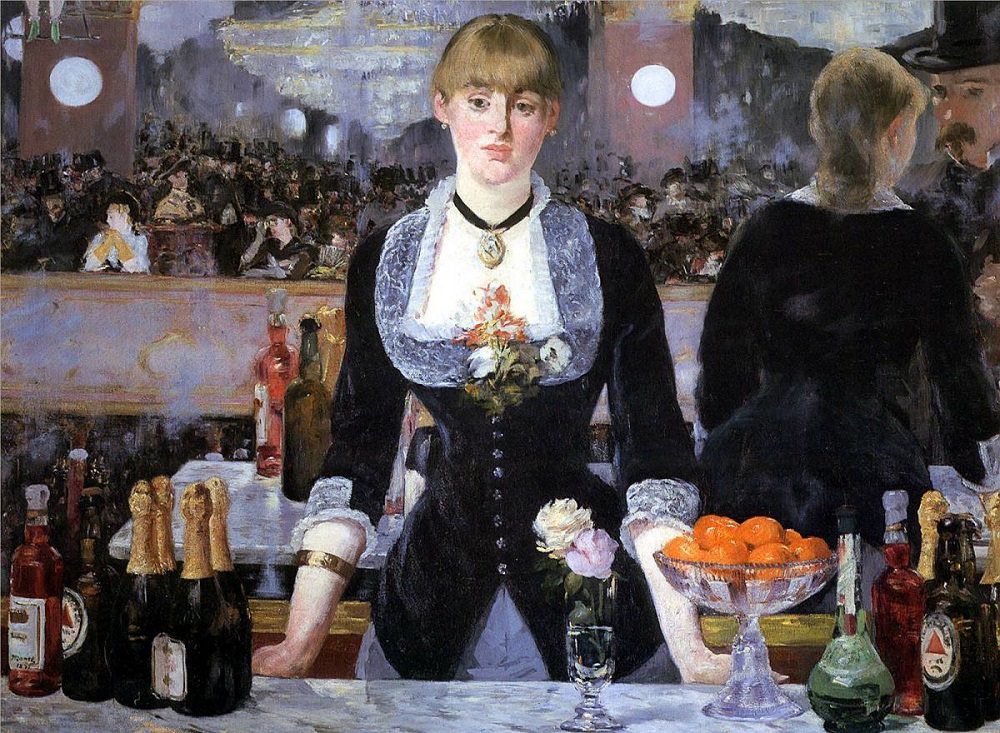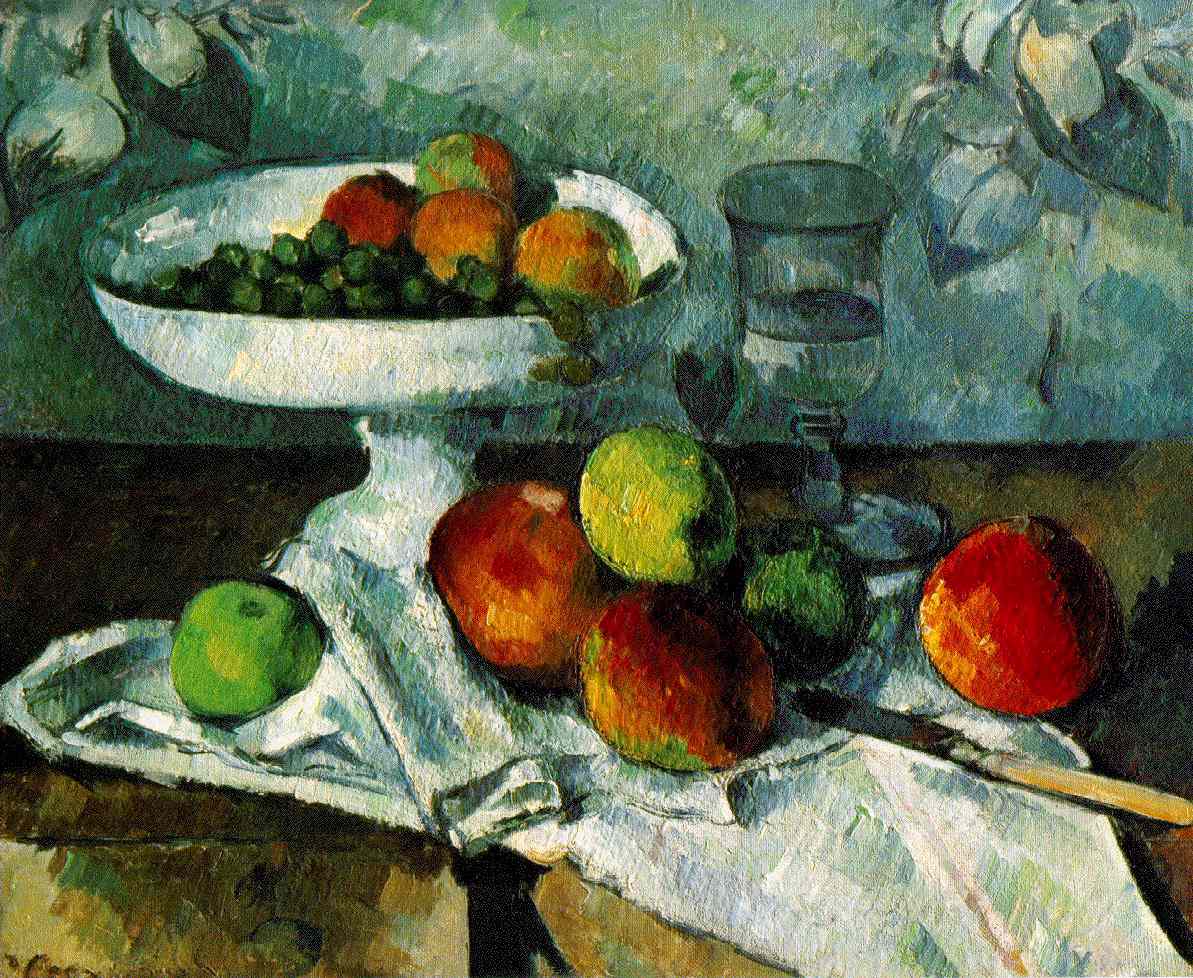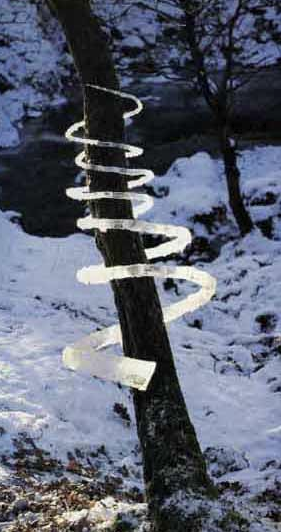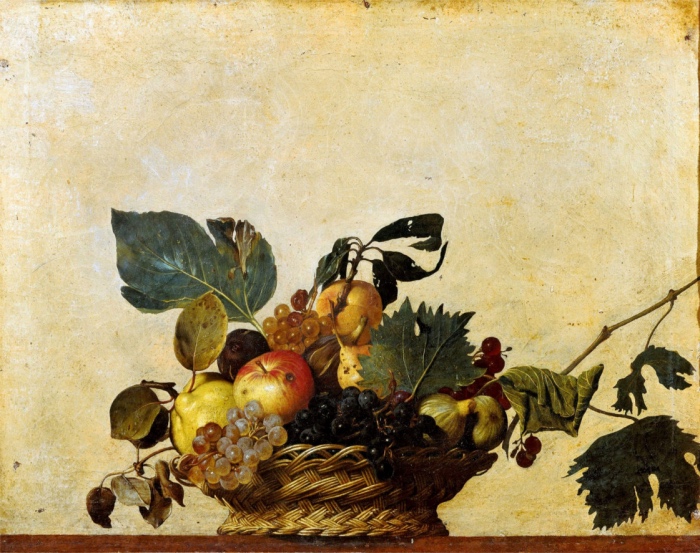Arcadia Education’s forthcoming course on Romanticism in Art is featured in The World of Interiors magazine c/c Condé Nast Publications Ltd. Vogue House, London.
Course Details:
- Location: Barnsley House, Barnsley, Cirencester, Glos. GL7 5EE
- Date: 19.05.19 | 10:00am – 4:00pm (See timings below)
- Cost: £55 to include morning coffee & biscuits, a light lunch and tea plus tutoring for the day (parking available)
- Book Now: Contact Katie Nelson on 07720775087
World of Interiors Promo: Serious Pursuits
The Romantic Rebellion in the Arts – A Study Day
In the early nineteenth century, three seminal artists eschewed the prevailing Classical Revival and launched their own Romantic Rebellion. They were, Antoine Jean (Baron) Gros, Théodore Géricault and Eugène Delacroix. This seminal moment represented seismic change in the course of the history of art and a great movement (not style) was launched. Romanticism had its strongest roots in France, England, and Germany; Goya is the only major Spanish Romantic. The Romantic artist focused most commonly on emotion, imagination, irrationality, and man’s relationship to nature. They depicted scenes from the past, the exotic, and the supernatural, and explored dark and terrible subjects. They were also interested in the Sublime (awe-inspired terror before nature). However, with an emphasis on the individual, Romanticism marks a key moment when artists began to express their subjective, emotional response to the world. It can therefore be seen as the beginnings of how we think about modern art today. Set within the context of Enlightenment Philosophy, the Industrial and French Revolutions, this study day explores such heavyweights as John Constable, Joseph Mallord William Turner and Caspar David Friedrich, in addition to those also cited above.
Timings for the day:
09:30 Arrival
10:00 – 11:15 Session 1
11:15 – 11:45 Coffee & biscuits
11:45 – 13:00 Session 2
13:00 – 14:00 Lunch (light lunch is provided)
14:00 – 15:30 Session 3
Contact Rachel Chadwick at Barnsley House for venue-specific enquiries: rachel.chadwick@barnsleyhouse.com

